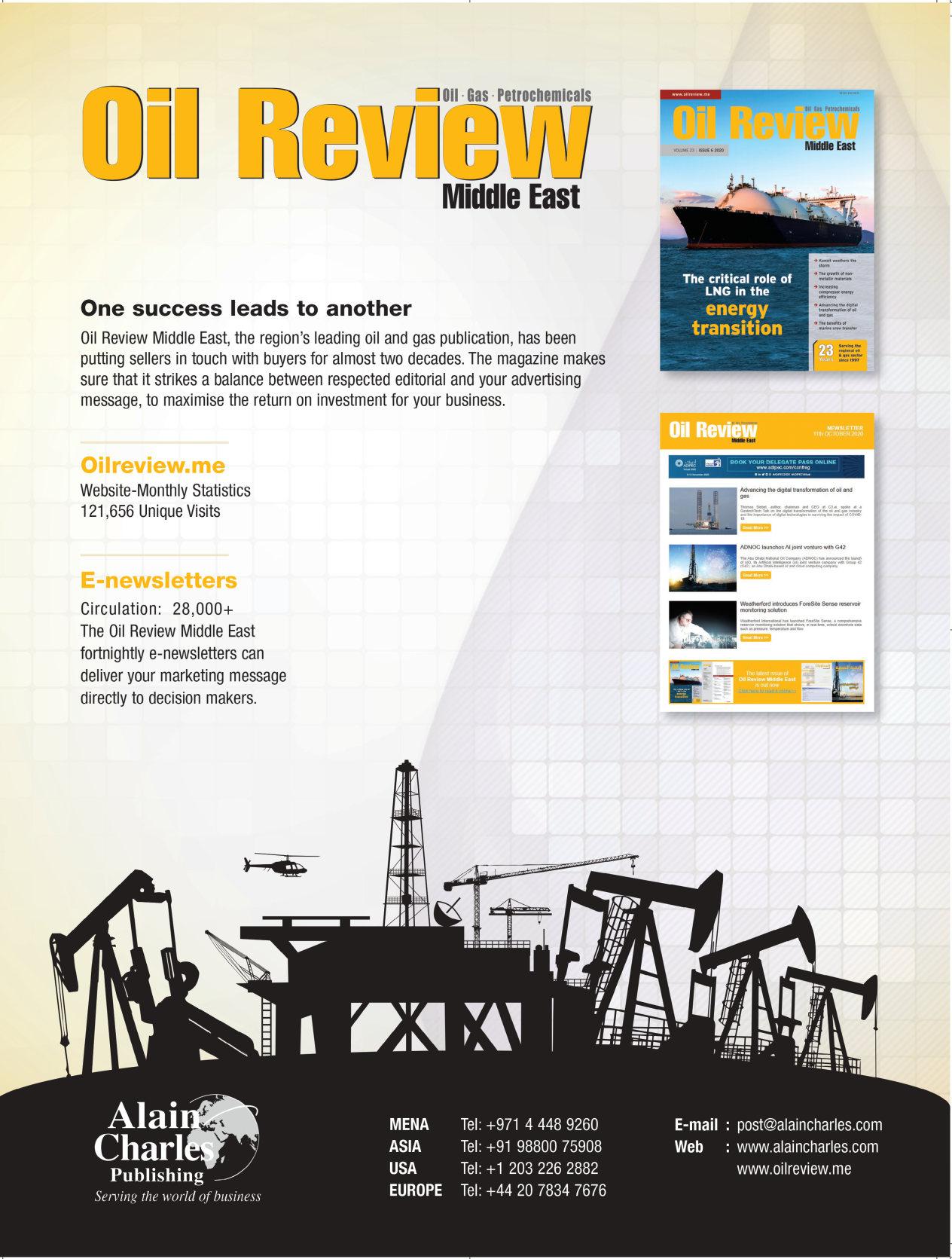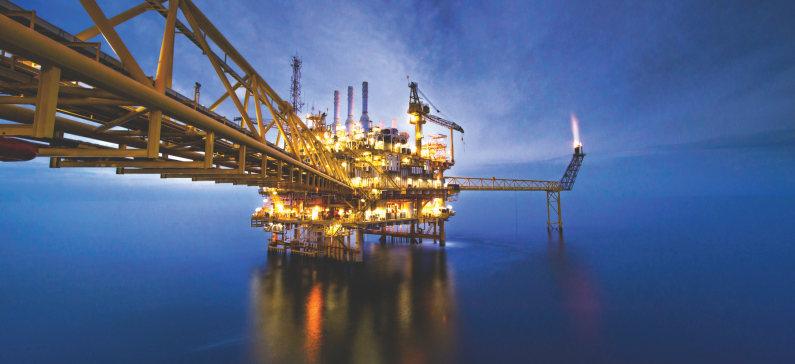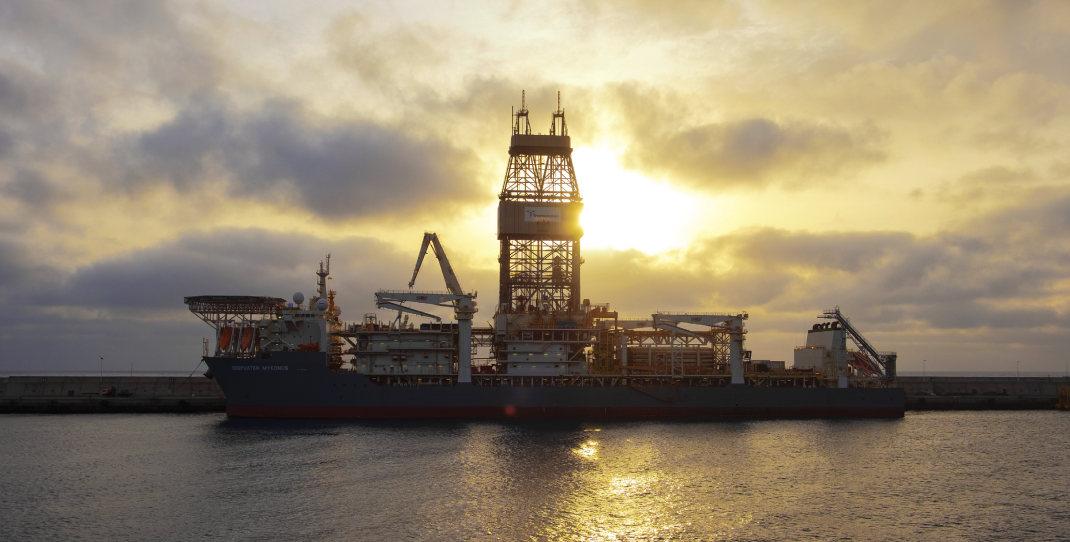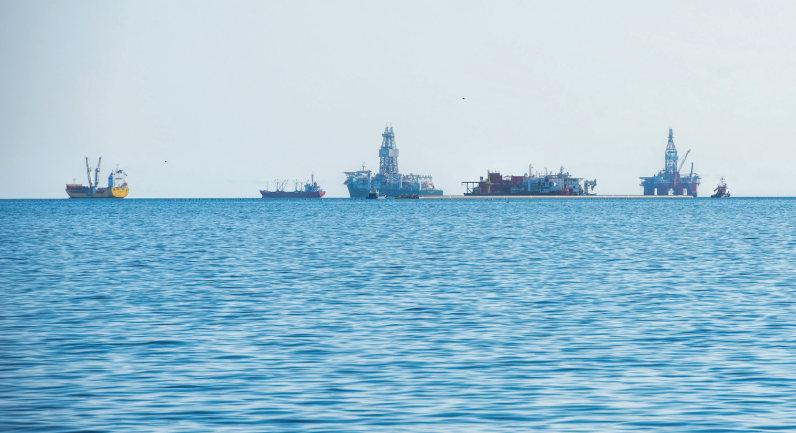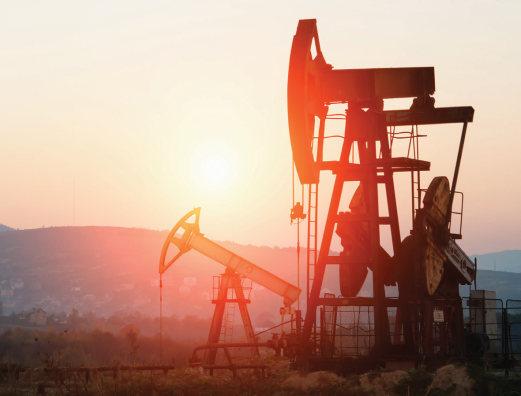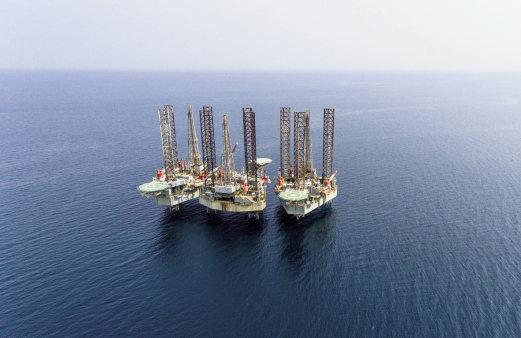
3 minute read
How Petroleum Agency SA promotes sustainable development of oil and gas, contributing to energy security in South Africa
SA UPSTREAM SECTOR DIVERSIFYING ENERGY SECURITY
Dr Phindile Masangane, CEO of Petroleum Agency SA, is optimistic about South Africa’s exploration and production landscape. She is keen to promote sustainable development of oil and gas contributing to energy security in South Africa. Deblina Roy reports.
Can you briefly describe the role of Petroleum Agency SA in South Africa’s oil and gas sector?
Petroleum Agency SA (PASA), South Africa’s national regulator for the upstream oil and gas industry, has three main functions. The first is to attract investment to South Africa’s oil and gas upstream industry. We have a team of geologists and geophysicists who interpret data gathered through past exploration activity to determine prospectivity, and use this to attract exploration companies to South Africa.
The second function of PASA is to regulate the upstream industry in terms of the Mineral and Petroleum Resources Development Act, its regulations and other applicable legislation. The third function is to act as the national archive for all data and information produced during oil and gas exploration and production in South Africa.
What is required to secure stability and security in the sector?
The oil and gas exploration industry has always been extremely volatile, being subject to global economic forces and highly dependent on the fluctuating oil price. In addition, oil and gas exploration is exceptionally risky in terms of initial, upfront capital investment with long periods before any return on investment and profit generation.
To counter this, oil and gas exploration companies require equitable terms, and especially long-term stability and consistency in contractual terms, together with political and independent judicial stability.
Where are the challenges and opportunities that lay ahead?
South Africa’s upstream industry faces challenges of low oil prices, uncertainty regarding terms and legislation, environmental concerns and public negativity regarding fossil fuels, lack of local skills and public pressure on
Image Credit: Petroleum Agency SA
Dr Phindile Masangane is optimistic about the country's upstream oil and gas industry.
government to nationalise South African assets.
Current opportunities lie in the development of the standalone Upstream Petroleum Resources Development Act (UPRDA) and its accompanying regulations. This rewriting of the legislation governing oil and gas exploration and production gives South Africa a chance to address the requirements of the industry.
Can you provide details about the new SA O&G explorations?
There is currently ongoing exploration of the prospects close to the Brulpadda discovery. Odfjell’sDeepsea Stavanger oil rig is drilling the Luiperd prospect which is the second of five prospects in the group. The Brulpadda well discovered light oil and gas condensate, but the phase in the other prospects can only be determined through drilling.
Other exploration coming up offshore is the planned drilling of the Gazania -1 well off the west coast, a prospect close to the A-J1 oil discovery made in 1988. African Energy Corporation has entered into a partnership with Azinam and Panoro in this block (still to be approved by the Ministry) and have identified numerous prospects in the block. Aziman will become the operator. The well will test the Gazania and Namaqua prospects. Drilling is expected in Q1 2021.
Off the east coast, Eni and Sasol have identified potential drill prospects in deep water, but the testing of these by drilling has been delayed due to various issues including COVID-19 and its effect on the oil price.
Once the UPRDA and its accompanying regulations are finalised, we can expect the initiation of active exploration for shale gas onshore. The true potential of this resource will only become known through drilling and production testing, but this may certainly represent a major economic boost for the economy of South Africa.
